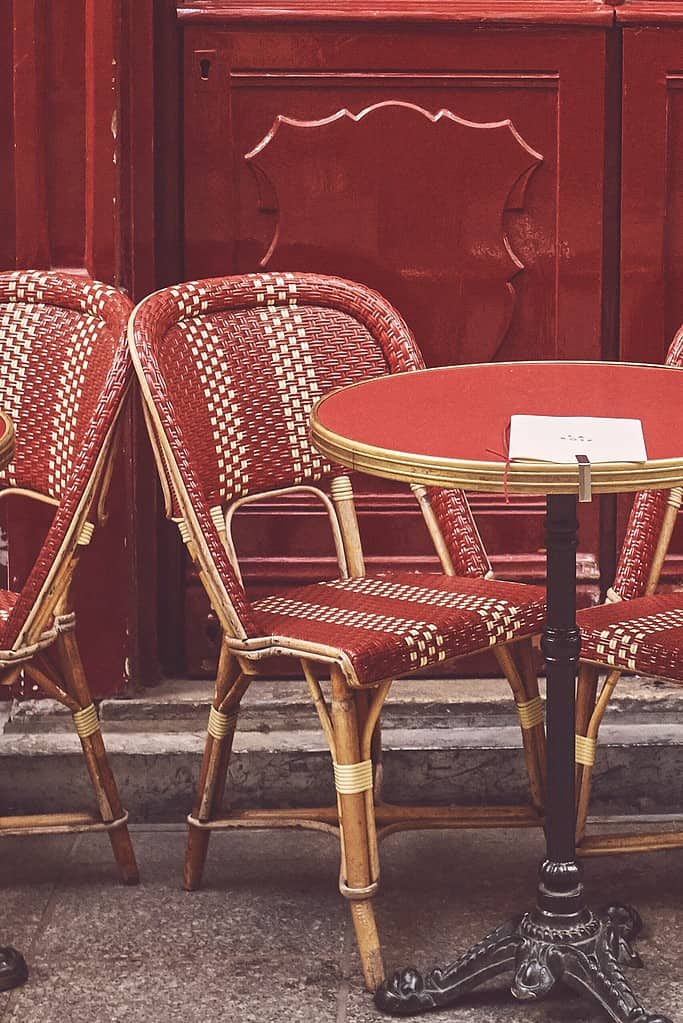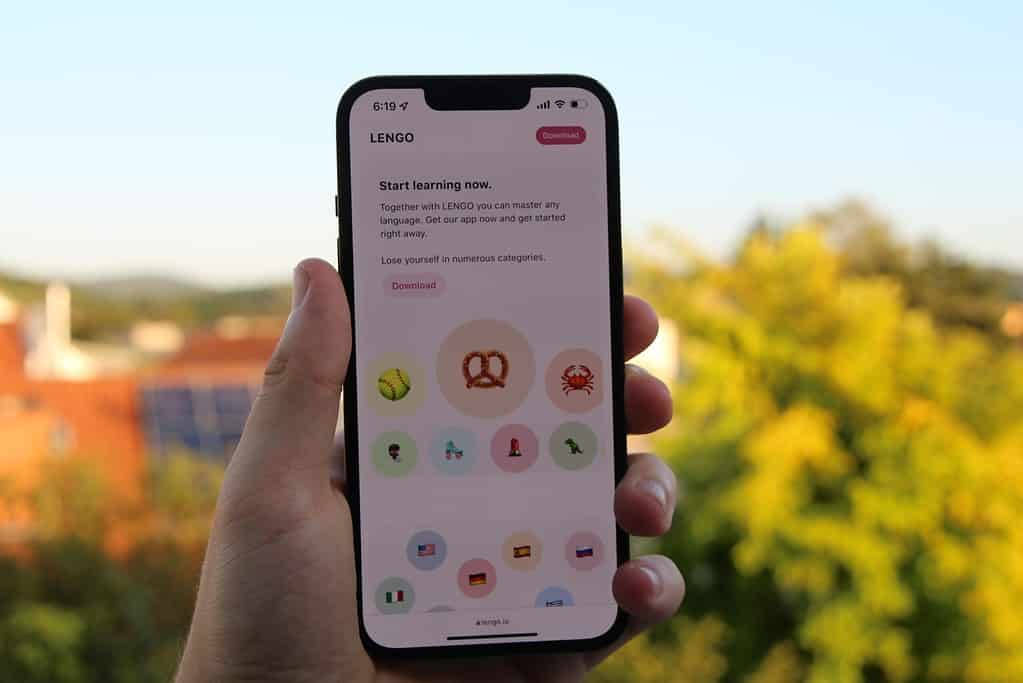Learning French isn’t just about memorizing vocabulary or perfecting pronunciation; it’s also about diving into the rich and sometimes perplexing world of French humor. For many English speakers trying to grasp the intricacies of casual conversation, understanding the clever wordplay and cultural cues behind French jokes may seem as mysterious as the secrets of a Parisian café. In this deep dive, we’ll explore why humor is so crucial in French conversations, unravel common comedic themes and linguistic puzzles, and offer effective strategies to help you join in on the fun. As you absorb these insights, consider how platforms like swaplang connect you with native speakers in a comfortable and engaging setting.
Understanding the Importance of French Humor
French humor is not simply comic relief—it’s a cultural treasure that reflects centuries of social norms, historical evolution, and regional idiosyncrasies. By engaging with French humor, English speakers learn to appreciate subtleties in intonation, irony, and the art of understatement that often escapes literal translation. French jokes frequently rely on double entendres and a playful use of language that, when understood, provides immense satisfaction and a window into everyday life in France.
Humor in any language is a social glue that unites people, and French humor is no exception. It acts as a medium for both social commentary and gentle self-mockery, allowing speakers to poke fun at societal norms without compromising decorum. The famous French farce, for instance, thrives on conventions that alert you to the absurdities of formal etiquette. For more on the conventions behind French farce, you might be intrigued by a detailed breakdown provided by The Drama Teacher.
Common Themes in French Comedy
Diving into French comedy reveals recurring themes such as self-deprecation, satire, and regional differences. Traditional jokes often reference the French penchant for bureaucracy, the quirks of bureaucratic language, and even the nation’s culinary pride. These themes may initially perplex an outsider, but they also offer a roadmap through French history and societal self-reflection.
For instance, while some jokes focus on the absurdities of everyday life such as the labyrinth of French administrative procedures, others playfully exaggerate Parisian snobbery or the rustic charm of a provincial accent. The ability to catch these nuances is essential, as it not only improves your conversational French but also enriches your understanding of French culture. If you’re looking for further examples of cultural nuances expressed in dialogue, check out the engaging insights in the Polyglottist Language Academy article on why French humor confuses Americans.
Wordplay and Cultural References
The backbone of many French jokes is wordplay—a tool for linguistic acrobatics that combines puns, homophones, and cultural references to create a layered meaning. For anyone new to French humor, this can be one of the most challenging aspects. When a joke hinges on a single word’s double meaning, you might find yourself laughing a beat too late. However, the more you expose yourself to native conversations, the more these subtleties start to crystallize.
Renowned language enthusiasts have shed light on this in articles like Exploring French Puns and Wordplay. The piece elaborates on how French wordplay often involves rapid-fire logic and clever twists that require both linguistic knowledge and cultural familiarity. Articles like this are invaluable repositories of examples that illustrate the art of French humor, highlighting how jokes can be as intellectually stimulating as they are amusing.

Types of French Humor: From Satire to Slapstick
French humor is a diverse territory, populated by satirical commentary, slapstick comedy, and everything in between. Satire holds a prominent place in French humor, serving as a subtle critique of political and social institutions. In contrast, slapstick comedy—driven by physical gags and exaggerated scenarios—caters to a broader audience with its overt silliness.
Understanding these categories helps learners identify which type of humor resonates with them and where a conversational partner might be leading the banter. The French tendency to employ self-parody, even among intellectual circles, provides learners with a forgiving environment to practice. Moreover, tapping into these varied comedic styles can make language learning less intimidating and more enjoyable.
Tips for Participating in French Humor
If you’re eager to join in on humorous exchanges with native French speakers, start by immersing yourself in everyday conversations. Listen to French comedy shows, follow humorous podcasts, and don’t shy away from asking for explanations when a pun flies over your head. One effective strategy is to mimic the linguistic rhythm of jokes during casual interactions—a practice that not only improves your fluency but also builds cultural rapport.
Practical advice from seasoned language learners suggests that repeating jokes or trying out humorous expressions in practice sessions—such as those available on the swaplang platform—can accelerate your adaptation to the French comedic style. Additionally, read pieces like the Everyday Conversations Guide to get familiar with common expressions and the playful banter typical in French small talk.
Overcoming Language Barriers to Understand Jokes
Language barriers often make it challenging to catch every nuance of a pun or to understand fast-paced wordplay. Yet, persistence and exposure are your best allies in overcoming these hurdles. Recognize that even native speakers occasionally need a moment to parse an elaborate joke. Patience, along with regular language practice, allows you to gradually pick up on these subtleties.
Tools like language exchange sessions on swaplang offer a safe space to practice, where your native French-speaking partner can explain jokes and idioms, provide context, and even share personal anecdotes about why a particular pun made them burst into laughter. By actively engaging in these exchanges and deconstructing jokes together, you’ll slowly improve your ability to understand and use humorous language in real time.
For further insights into overcoming pronunciation and language obstacles, consider reading the practical tips provided in Mastering French Pronunciation: Tips for English Speakers.
As you continue your journey into understanding French humor, remember that every conversation is an opportunity to refine your language skills and experience French culture up close. Embrace the delightful oddities of the French language, and let humor be your guide to deeper cultural immersion. Ready to experience authentic French exchanges that challenge and entertain? Sign up for swaplang today by visiting our free trial and discover how fun mastering French can truly be.

















